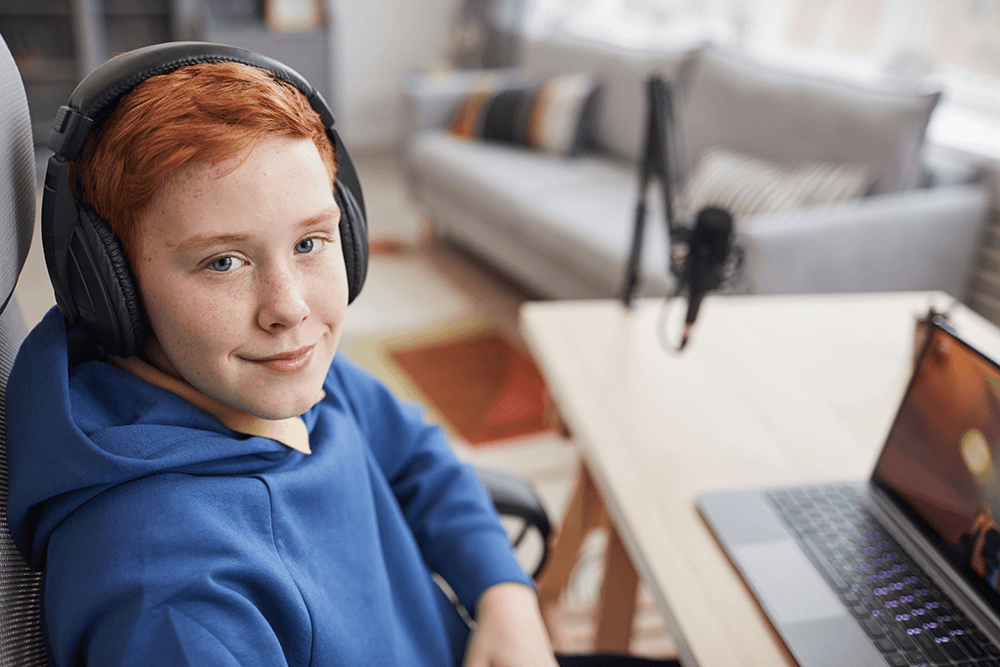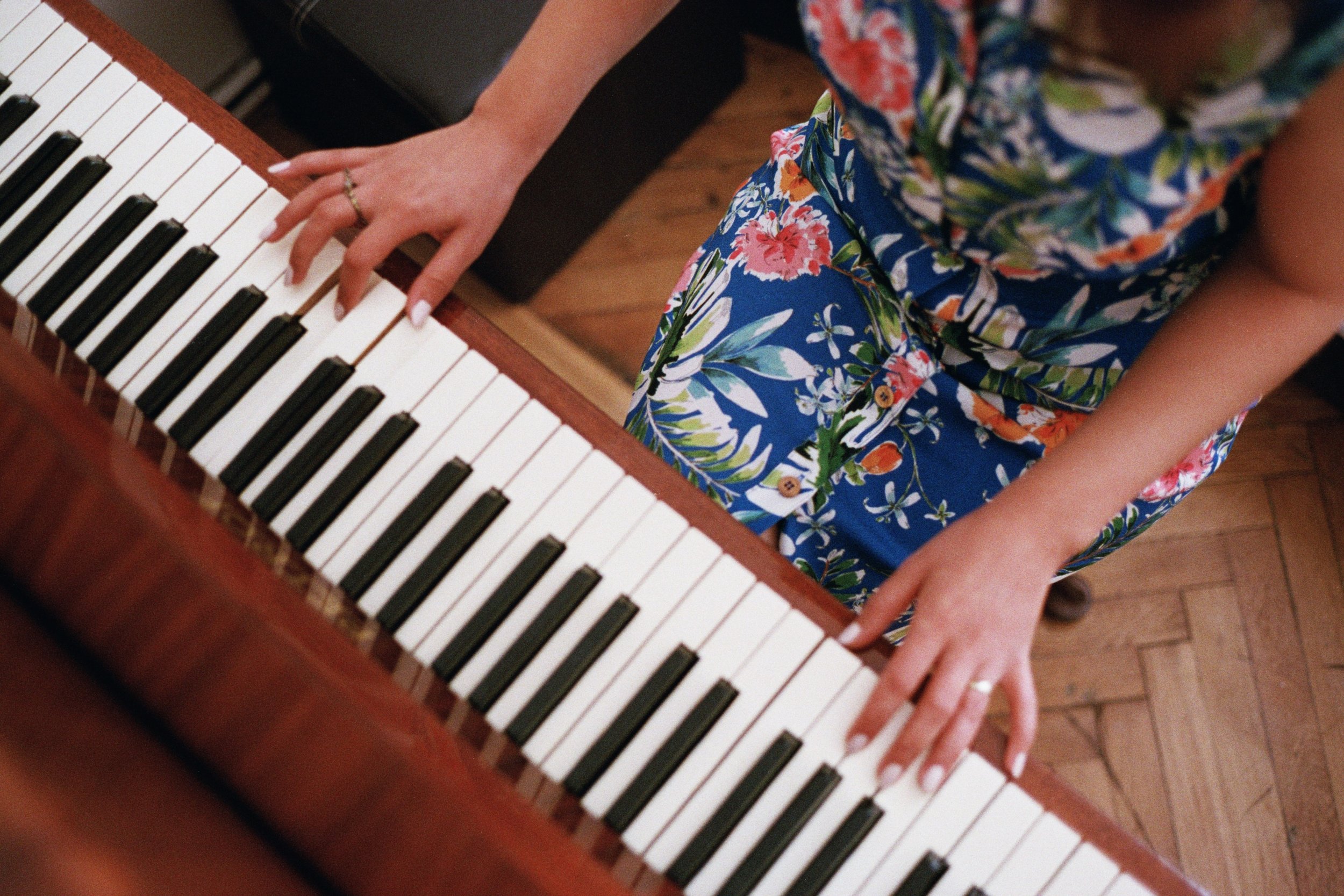What is music therapy?
In our music therapy sessions, the focus is usually on non-musical goals which enhance a persons functioning or wellbeing. We use music to meet participant’s goals whether they be cognitive, physical, social and/or emotional development or to achieve better community engagement and quality of life.



As defined by the Australian Music Therapy Association:
“Music therapy is a research-based allied health profession in which music is used to actively support people as they strive to improve their health, functioning and wellbeing. Music therapists are trained musicians and therapists who are interested in achieving non-musical goals through both active and passive participation in musical activities.”
The National Disability Insurance Scheme (NDIS) recognises music therapy as a therapeutic support for people with disability, and funding is available through NDIS for music therapy services. You do not need a referral from another allied health or medical practitioner to access music therapy services.
To find out more information, visit www.austmta.org.au
Music works incredibly well as a motivator, educator and physiological regulator. Music therapy works for participants as it is a fun and engaging way to learn, rehearse and build new skills, experiment and try new things, and to reinforce concepts and behaviours.
-
Music is a fun and motivating way to encourage children to reach their early developmental milestones, stimulating gross motor, fine motor, cognitive, vestibular, language, emotional and social skills development. Early childhood sessions at TLC Music are strongly informed by infant/child mental health and attachment theory, and how these (along with music) can support the developmental stages of childhood.
-
Music therapy can be a fun and relaxing leisure activity which allows them to engage in the community, gain confidence, structure their leisure time and learn new skills. Music therapy sessions can include music-based activities such as learning an instrument, drumming, dancing & creative movement, art & music activities, songwriting & music improvisation, and relaxation training.
For clients with a disability or support needs, music therapy can optimise development across domains including:
Increasing memory
Increasing attention; including sustained, alternating and selective attention
Increasing executive functioning; including, planning, organisation, inhibition and self monitoring
Developing emotional regulation
Increasing sensory processing and integration
Developing arousal and awareness
Increasing initiation and motivation
Increasing independence and community participation
Non-verbal and verbal communication including developing speech articulation and pronunciation
Interaction, social skills and social engagement
Cognitive processing skills
Fine and gross motor development
Coordination and balance
Reduce isolation
Foster identity formation
Facilitate emotional growth and development.
Reduce anxiety and enhance self-regulation
Reduce challenging behaviours
Enhance the parent-child bond
To build capacity in parents to utilise music-based strategies in the home

